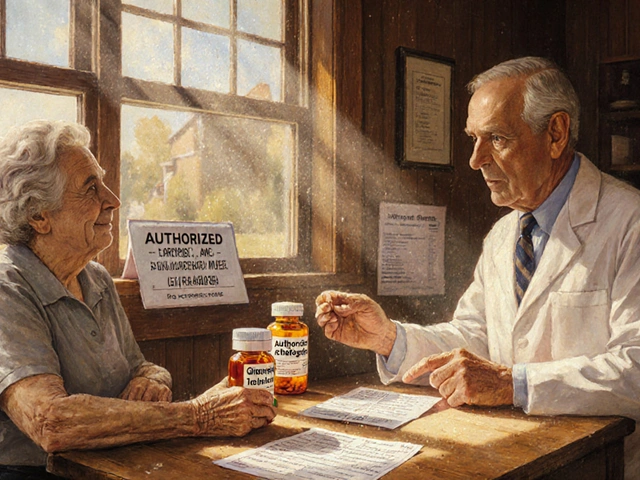RLS treatment: Practical ways to stop restless legs at night
Do your legs twitch or ache when you try to relax? Restless legs syndrome (RLS) can wreck sleep and make evenings miserable. The good news: many people get real relief with a few simple steps and the right medical plan. Below I give clear, practical options you can try or discuss with your clinician.
Quick, practical fixes you can try tonight
Start with habits that are easy to change. Cut back on caffeine, nicotine, and late alcohol — they can trigger or worsen RLS. Keep a consistent sleep schedule and make your bedroom cool and dark. Gentle evening stretching or a short walk before bed often calms symptoms. Some people get quick relief from cold or warm packs, massage, or rolling a tennis ball under the foot and calf.
Iron matters. Low iron stores can make RLS worse even if your hemoglobin is normal. Ask your doctor for a ferritin test; many clinicians consider ferritin under ~50 ng/mL as a sign to try oral iron. Don’t start high-dose iron without testing — it can cause side effects and isn’t always the answer.
Medical options and what to watch for
If lifestyle changes aren’t enough, there are medication choices. Two common classes are dopamine agonists (like pramipexole or ropinirole) and alpha-2-delta ligands (gabapentin enacarbil or pregabalin). Dopamine drugs often work fast but can lead to “augmentation” — symptoms return earlier or spread to other body parts. Alpha-2-delta drugs help many people, especially when pain or sleep disruption is the main problem.
For severe, treatment-resistant RLS, some doctors use low-dose opioids or other options, but these carry risks and need close follow-up. Benzodiazepines may help sleep but don’t reliably treat leg sensations and can cause drowsiness or dependence.
Make a plan with your provider. Tell them when symptoms start, how long they last, how strong they are, and if similar issues run in your family. That helps pick the right drug and dose. If you start a medication, check back in — some side effects or augmentation show up weeks to months later.
Practical monitoring tips: keep a short sleep and symptom diary for two weeks, track caffeine and alcohol, and note any new medications (including over-the-counter cold medicines) because they can trigger RLS. If iron is low, follow recommended dosing and repeat ferritin after a couple of months.
Want fast relief and fewer surprises? Ask your clinician about the pros and cons of each drug class, how long to try a medicine before deciding it’s not working, and clear signs to report (worse symptoms, daytime sleepiness, or strange behaviors while asleep).
If your RLS suddenly gets worse, starts very young, or comes with other concerning symptoms (fainting, weakness, or unusual weight loss), get evaluated promptly. Most people improve with the right mix of lifestyle changes, targeted supplements, and medical choices — you don’t have to just live with it.

Amantadine: Promising Hope for Restless Legs Syndrome Relief
Restless Legs Syndrome (RLS) can seriously mess with your sleep and daily life, but there's a promising treatment on the radar: amantadine. This article dives into how amantadine is showing potential in easing the twitching and discomfort of RLS. We'll explore what makes amantadine tick, its benefits, and what patients with RLS need to know. Stay tuned to learn if this could be the relief you've been searching for.
MedicationsLatest Posts
Tags
- online pharmacy
- medication safety
- generic drugs
- medication
- dietary supplement
- side effects
- online pharmacy UK
- drug interactions
- mental health
- impact
- online pharmacies
- statin side effects
- dosage
- generic vs brand
- pediatric antibiotics
- antibiotic side effects
- skin health
- health
- pain relief
- dietary supplements




